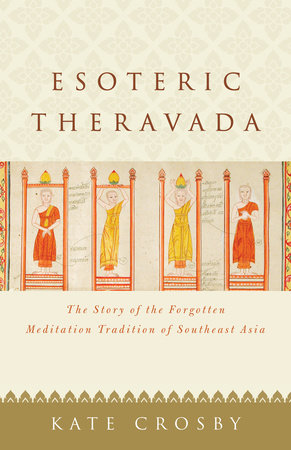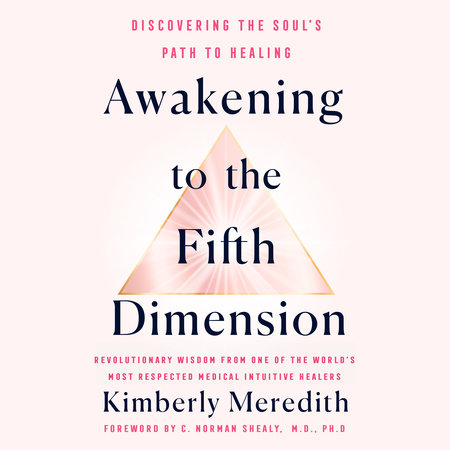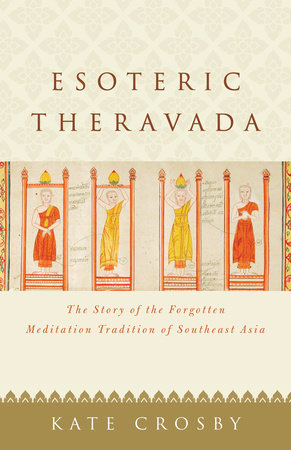

Esoteric Theravada
By Kate Crosby
By Kate Crosby
By Kate Crosby
By Kate Crosby
Category: Religion | Asian World History
Category: Religion | Asian World History

-
$22.95
Dec 22, 2020 | ISBN 9781611807943
-
Dec 22, 2020 | ISBN 9780834843073
YOU MAY ALSO LIKE
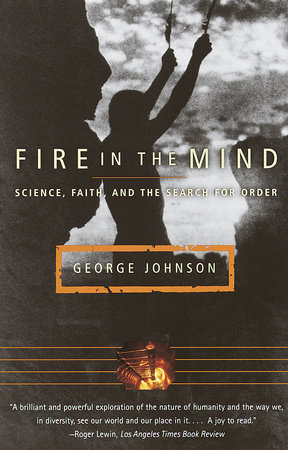
Fire in the Mind

Your Medical Mind
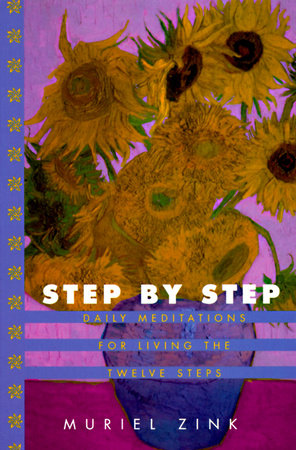
Step by Step
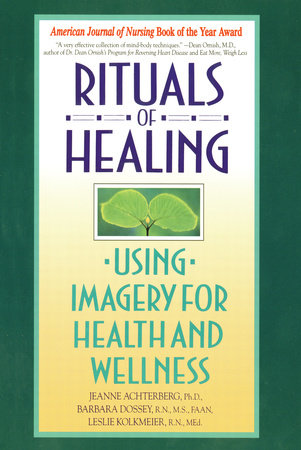
Rituals of Healing

What About the Words?

Heart and Blood
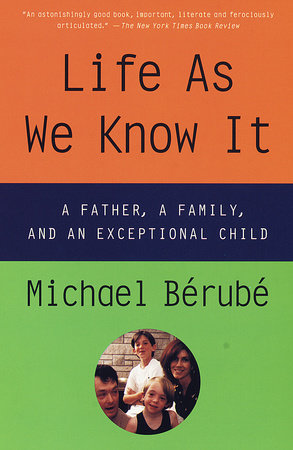
Life As We Know It

China’s Disruptors
Praise
“Esoteric Theravada is a comprehensive presentation of an ancient meditative system that unsettles some of our commonplace notions about the Theravada. . . . This attempt to rehabilitate borān kamatthāna to its place in the Theravada meditational landscape reminds us of the dangers of becoming too rigid in our ideas about what constitutes a legitimate method for transforming the mind.”—Buddhadharma
“Crosby’s careful and robust study will be eye-opening for Western Buddhist circles.”—Publishers Weekly
“Crosby does an excellent job of outlining the system and historical context of borān kammaṭṭhāna. . . . [Her] well-researched, engaging, and expansive monograph breaks further ground on a set of research questions and materials that will keep scholars busy for some time. She has taken her reader to the edge of a new horizon, perhaps truly beyond the reach of anyone alive today. Crosby thus gifts her readers, both specialists and practitioners alike, with a glimpse into a new way to conceptualise the history of Theravada Buddhism, and South and Southeast Asian intellectual cultures.”—Canadian Journal of Buddhist Studies
“Crosby offers something truly new and valuable in this book: a historically based critique of the modern construction of Theravada.”—Buddhistdoor Global
“This book is one of the most important works on the history of Southeast Asian and Southern Buddhist meditation in decades. It shows how a whole tradition of practice, meditation, and mindfulness was lost—almost—in the wave of interest in Buddhism for its “scientific” and rational elements over the last hundred and fifty years. The borān kamatthāna is the living meditative tradition of Cambodia and Thailand. Until only a few decades ago, it was taught throughout these regions. Crosby’s book shows how this expressive, embodied system of samatha/vipassanā meditation constitutes the oldest documented lineage of Buddhist practice in South and Southeast Asia. Belittled by modernist impulses, the system offers a complete path of spiritual development that works on principles found in South and Southeast Asian generative grammar, medicine, yantra, and the Abhidhamma. This account of how borān kamatthāna originated as an enactment of Asian generative systems is brilliant, concise, and revelatory. Borān kamatthāna is scientific, but in ways steeped in highly sophisticated ancient models of grammar and medicine colonialists did not understand. Reformist agendas, still active today, undermined its rich meditative line and Crosby’s work is essential reading for anyone interested in a true picture of traditional Buddhist practice in these regions. Esoteric Theravada rewrites the recent history of Southern Buddhist meditation.”—Sarah Shaw, author of Mindfulness: Where It Comes From and What It Means
“Professor Crosby’s book sheds new light on a vitally important yet neglected—at times even suppressed—system of meditative practice in South and Southeast Asia. Her work reveals forms of meditation, once widely practiced though now nearly extinct, that diverge sharply from the techniques and even the mindset of the insight practices (vipassanā) dominant today. Deeply researched and lucidly written, Esoteric Theravada is necessary reading for anyone interested in Theravada Buddhist philosophy (Abhidhamma), the interfaces of scientific learning and practices of self-cultivation, and the history of Buddhist meditation.”—Erik Braun, author of The Birth of Insight and coeditor of Meditation, Buddhism, and Science
“Dr. Crosby’s new book on traditional Theravada meditation signals a new direction in the history of South and Southeast Asian Buddhism. She has uncovered, through an intense interrogation of rare materials, an entire lineage of meditation teachers, methods, and existential ratiocinations that have been neglected by scholars. She effectively cauterizes a wound in the field and will lead a new generation of scholars to a fuller and more nuanced understanding of the relation between the body and the mind in regional Buddhist practice.”—Justin Thomas McDaniel, Professor of Buddhist studies, University of Pennsylvania
“Crosby’s acribic detective work has uncovered the principles of a hitherto almost forgotten meditation tradition that was called ‘the old practices’ (borān kamatthāna). The principles of borān kamatthāna are hidden in texts abounding with metaphors and substitutions. Crosby unravels and explains these texts by entering thought modes of preindustrial times, mapping correspondences between parts of the body and mystical ideas, and using letter, sound, and number symbolism. By showing us ‘the old practices,’ Crosby lays to rest the myth of a pure authentic original Theravada tradition, a myth that too long obscured the diversity of the past.”—Barend Jan Terwiel, Emeritus Professor of Thai and Lao Languages and Literatures, Hamburg University
“Kate Crosby’s Esoteric Theravada is a fascinating and wide-ranging treatment of traditional borān kammatthāna style meditation in Theravada Buddhism. Readable and accessible to anyone interested in meditation and an absolute goldmine for historians of Buddhism, this remarkable study of a meditation tradition, its texts, technologies, and the history of its decline gives us insight into the profound thought worlds of Buddhists who were on the ‘losing’ side of the modernist reforms of Buddhism in the nineteenth and twentieth centuries. Crosby’s rare combination of painstaking historical research, linguistic prowess, and engrossing ethnographic interviews in combination with her own experience as a practitioner of borān meditation deftly opens up an important strand of the Theravada tradition that has too often been lost from view.”—Anne Hansen, Professor of Southeast Asian History & Religious Studies, University of Wisconsin–Madison
21 Books You’ve Been Meaning to Read
Just for joining you’ll get personalized recommendations on your dashboard daily and features only for members.
Find Out More Join Now Sign In






